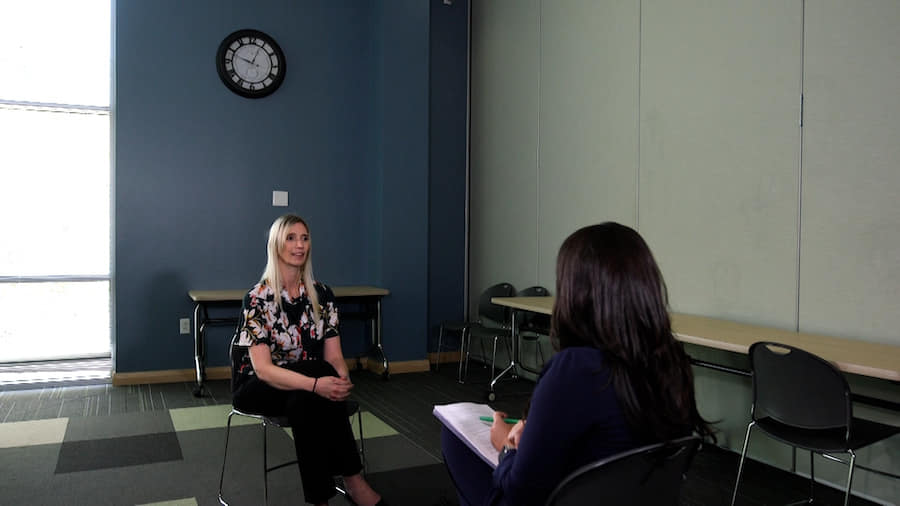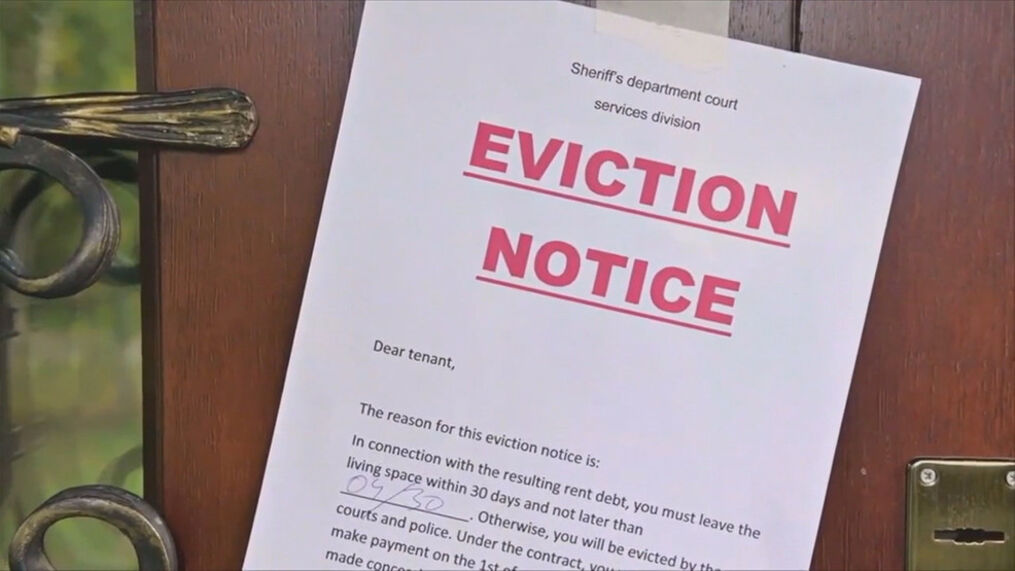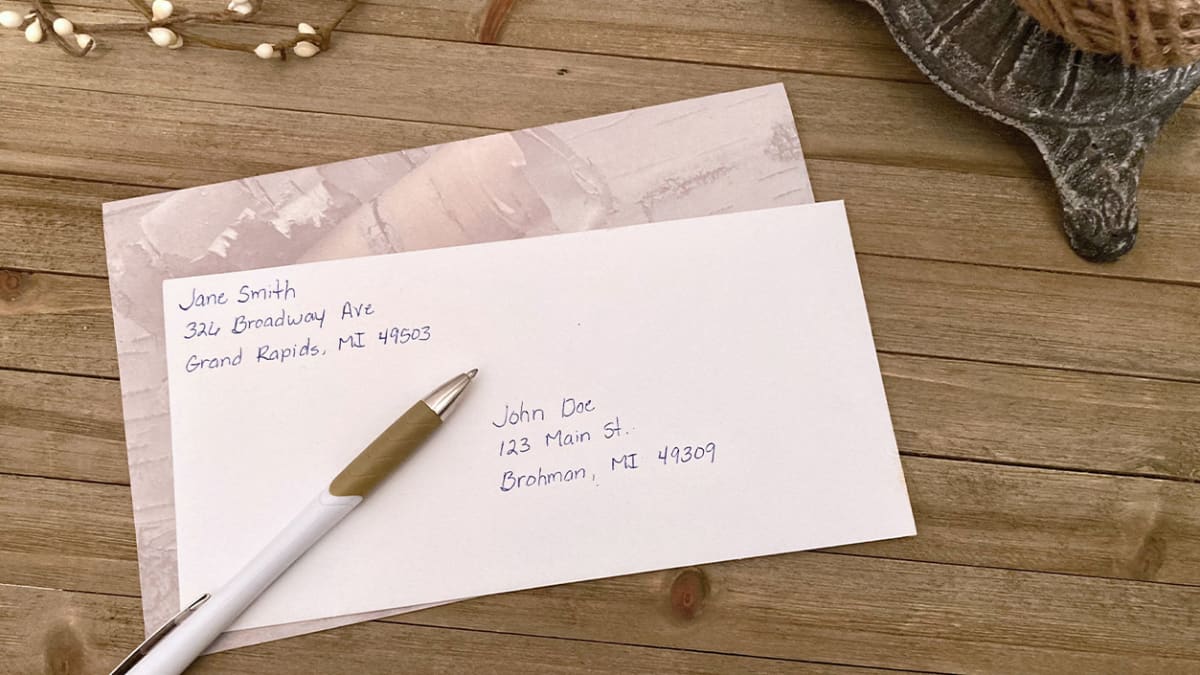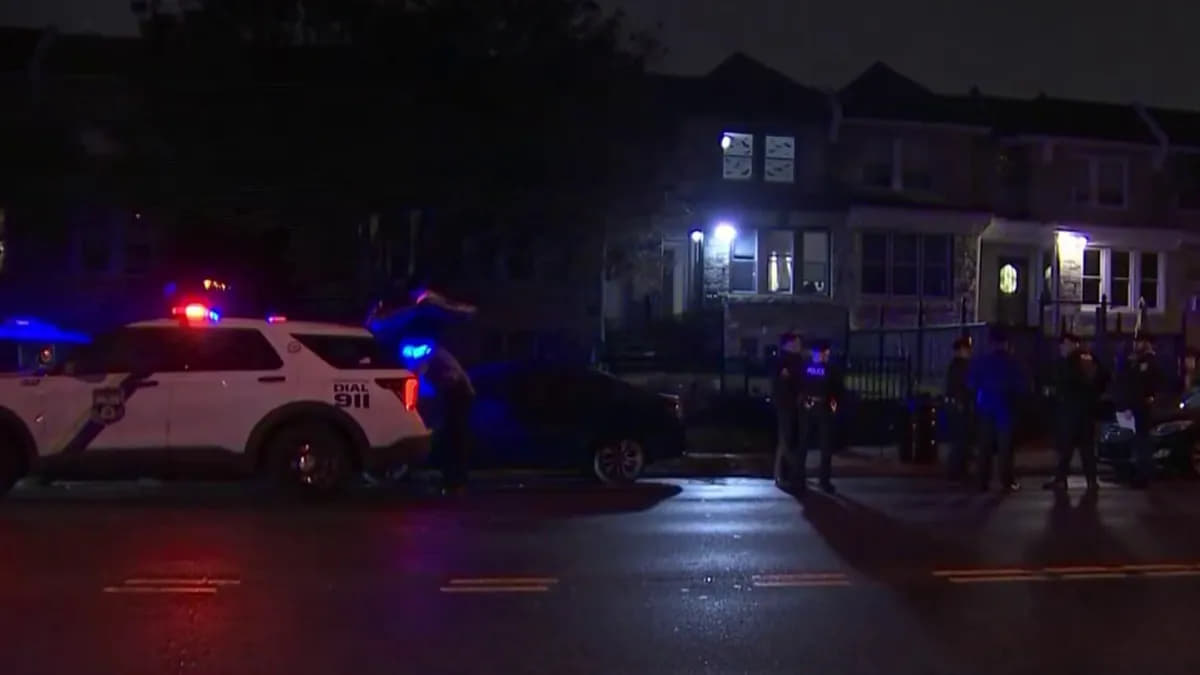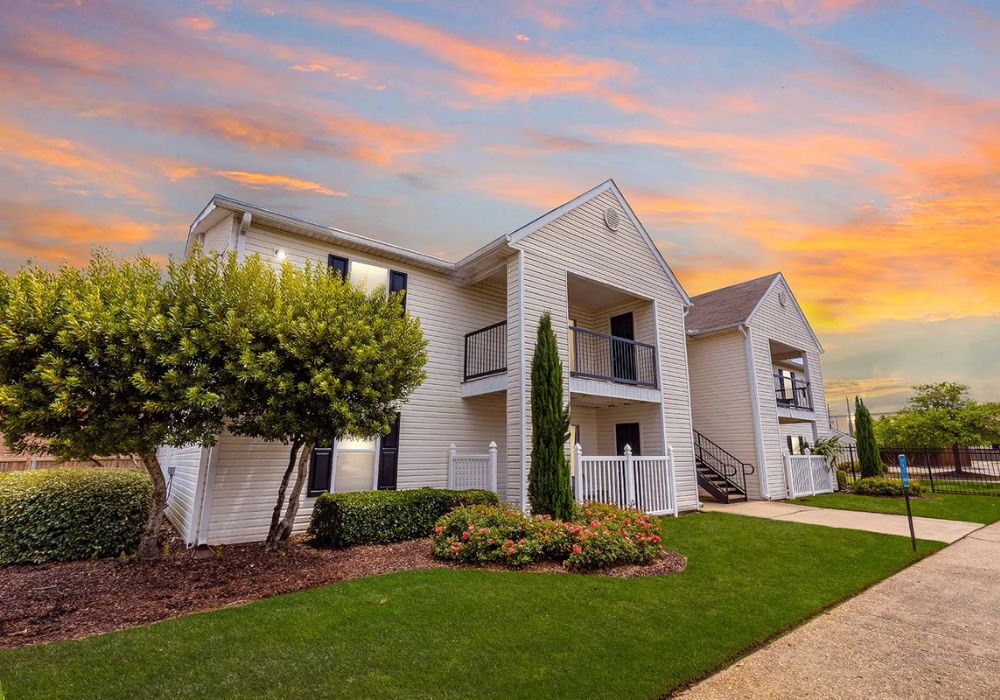Living in close proximity with other tenants in an apartment complex comes with both benefits and challenges. Disputes over noise, privacy or other issues are common occurrences that sometimes require documentation. Recording another tenant can be one way to gather evidence. However, it is important to understand the legal implications and respect others' privacy.
In this article, we will address the question can a tenant record another tenant and provide guidance on the various factors to consider.
Can a tenant record another tenant?
Yes, a tenant can legally record another tenant in some circumstances. While secret or surreptitious recording of another tenant without consent would generally be illegal, recording can be allowed in certain situations where consent is obtained or when collecting evidence of an issue like harassment or a lease violation.
What are the laws regarding tenant recordings?

Many states have requirements around consent for audio or video recordings that tenants must understand. Laws vary on whether recordings can be made without all party consent, known as one-party or two-party consent. Secretly recording individuals without knowledge can invade their privacy rights and lead to legal charges.
Additionally, state laws may treat audio and video recordings differently, so understanding how they apply is important. Tenants also have privacy and security rights under rental agreements and property managers must balance those with any recording need on the property.
Under what circumstances can a tenant legally record another?
There are some specific circumstances where a tenant may be legally allowed to record another tenant, such as collecting evidence of issues like harassment, domestic violence, or discrimination. Recordings made in these situations could potentially be used as valid evidence in legal cases. However, privacy rights still apply, so recordings should only capture relevant interactions and be used properly.
Additionally, landlords should generally be notified before any recording occurs regarding tenant issues. Recordings could affect tenant-landlord relationships and investigations if not handled carefully.
How should tenants handle recording another legally?
If a tenant does have a legitimate need to record another, there are proper procedures that should be followed. Any recordings intended as evidence may be allowed in court depending on circumstances but secret recordings almost always violate privacy. Tenants must also follow consent laws regarding informing those being recorded and getting permission.
Recordings should only be of necessary scope and shared carefully per privacy rights. When disputes arise regarding recordings, landlords, mediators and law enforcement can help address issues properly if engaged respectfully.
What factors affect the legal implications of recordings?
Several considerations affect whether a tenant recording of another is deemed legal or constitutes an invasion of privacy. Location affects expectations of privacy - private spaces like bedrooms allow greater privacy. Consent and wiretapping laws, whether the jurisdiction requires one-party or two-party permission, must also be understood.
The purpose of recordings impacts analysis too - recordings for safety reasons possess more legal legitimacy than those to harass or embarrass others. Tenants and landlords must weigh all such factors before any recording occurs.
How can conflicts between tenants over recordings be addressed?
Rather than secretly recording each other, tenants are usually best served communicating respectfully to resolve conflicts. Landlords preferably mediate between tenants and help address the root issues. If a tenant still feels the need to record, informing the other tenant and gaining consent ensures privacy is respected and legal issues avoided.
Third-party mediators could also potentially help in disputes involving recordings between tenants as an alternative to formal legal recourse. Overall, cooperation and respect between tenants usually leads to better housing experiences.
Conclusion
In conclusion, tenants have certain rights regarding recording each other but must do so carefully within legal consent and privacy frameworks. While evidence collection may sometimes warrant recordings, secrets or malicious recordings can violate privacy with consequences.
